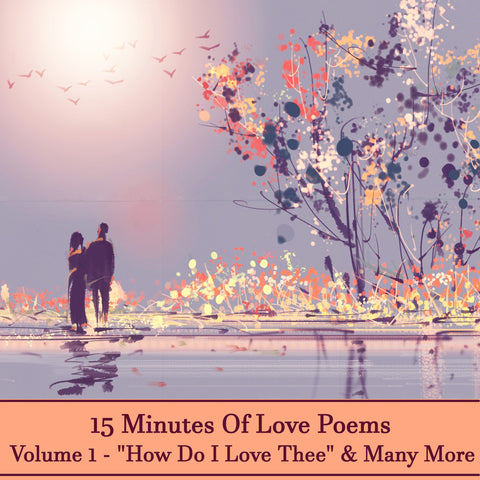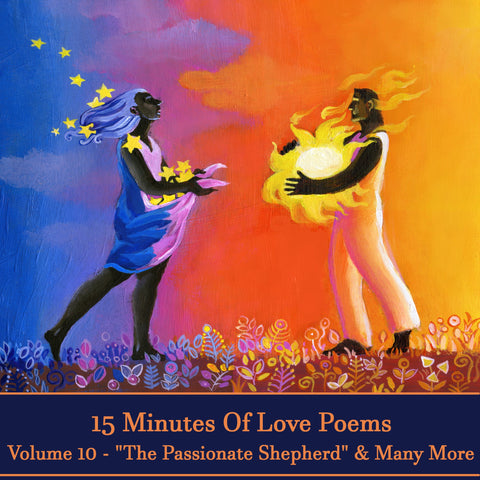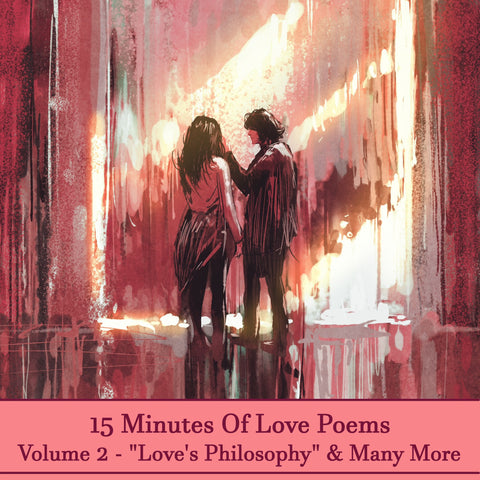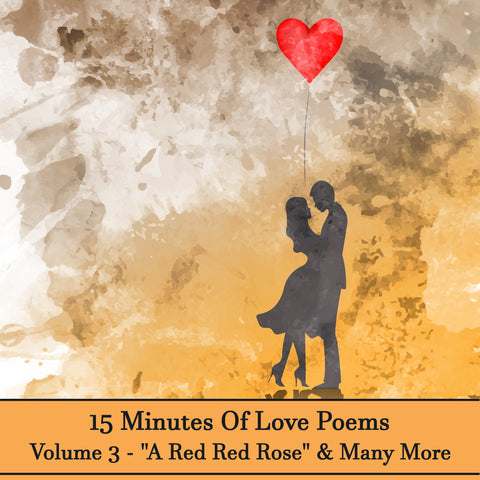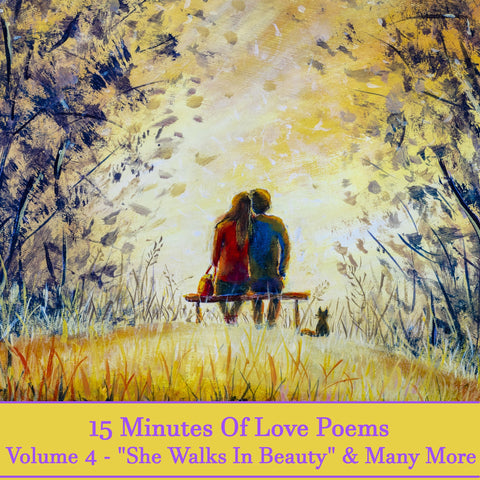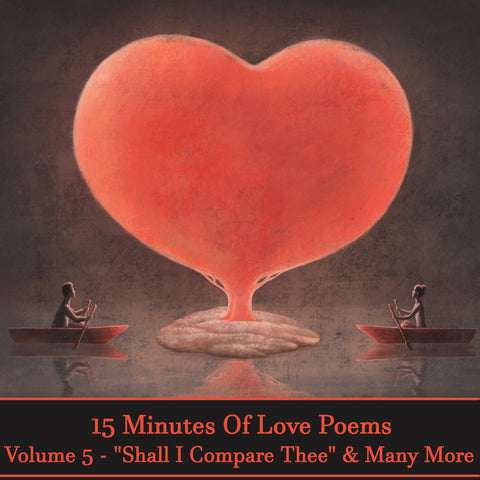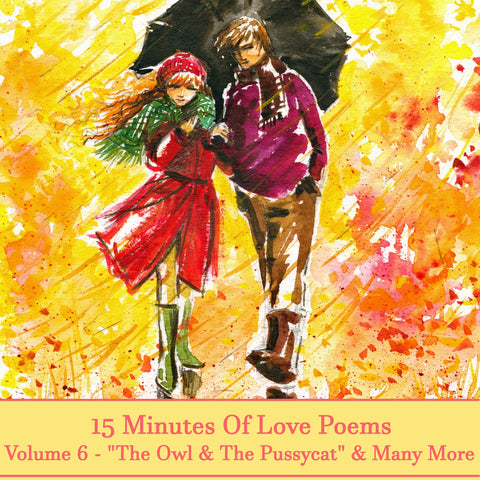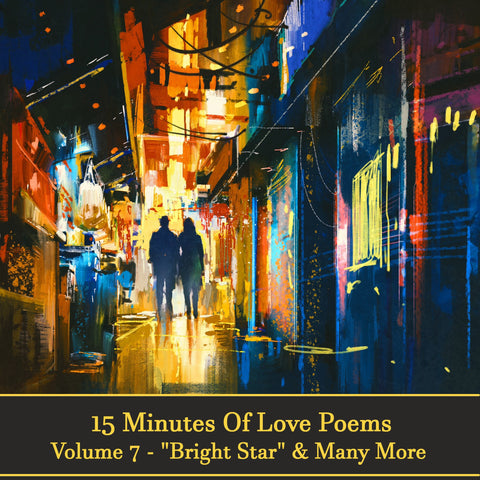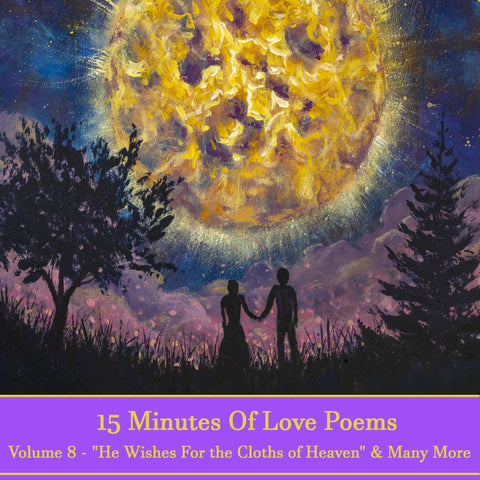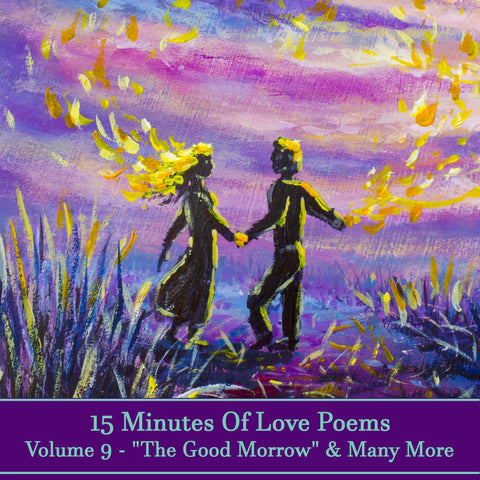Your cart is empty now.
Read by Christopher Ragland, Laurel Lefkow & Eric Meyers (Unabridged: 1hr 23mins)
Benét was born on 22nd July in Bethlehem, Pennsylvania. His father was a serving Army colonel and his first decade dictated that family life and education was centered at the base his father was serving from.
From ten it became a little more stable when he was dispatched for a traumatic year to the Hitchcock Military Academy in San Rafael, California before graduating from the Summerville Academy in Augusta, Georgia and thence to Yale University, at age 17, where he quickly established himself in its deep literary traditions. He edited as well as contributed a selection of light verse to the campus humor magazine, The Yale Record, and gave freely and generously of his time thereafter to keep Yale producing new literary talents.
Prodigiously his first book was published at 17 and for he obtained his M.A. in English when he submitted a poetry volume as his thesis.
Whilst travelling in France, in the early 20s, he met and quickly married a fellow writer and poet, Rosemary Carr. She would also collaborate with him on several works. In Paris he wrote the book-length narrative poem of the American Civil War ‘John Brown's Body’, for which he received the Pulitzer Prize for Poetry.
Benét was immensely gifted. A mere glance at his literary CV dazzles with literary gems. Some of his poems seem to foretell both the rise of machines and of Fascism. He won the O’Henry Award on three occasions, for his short stories as well as an incredible four Pulitzers; two for poetry and two for short stories. Add in his several novels, speech-writing, radio scripts and various other pursuits and you have some measure of the man.
In 1930, Benét was hit with debilitating attacks of arthritis of the spine which made the rest of his life one of much pain and discomfort.
Stephen Vincent Benét died in his wife’s arms on 13th March 1943 of a heart attack in New York City. He was 44.
He was awarded a posthumous Pulitzer Prize in 1944 for Western Star, an ambitious and projected five, six or nine book narrative poem (there are various accounts of its projected length) on the settling of the United States, for which he only finished the first book.


